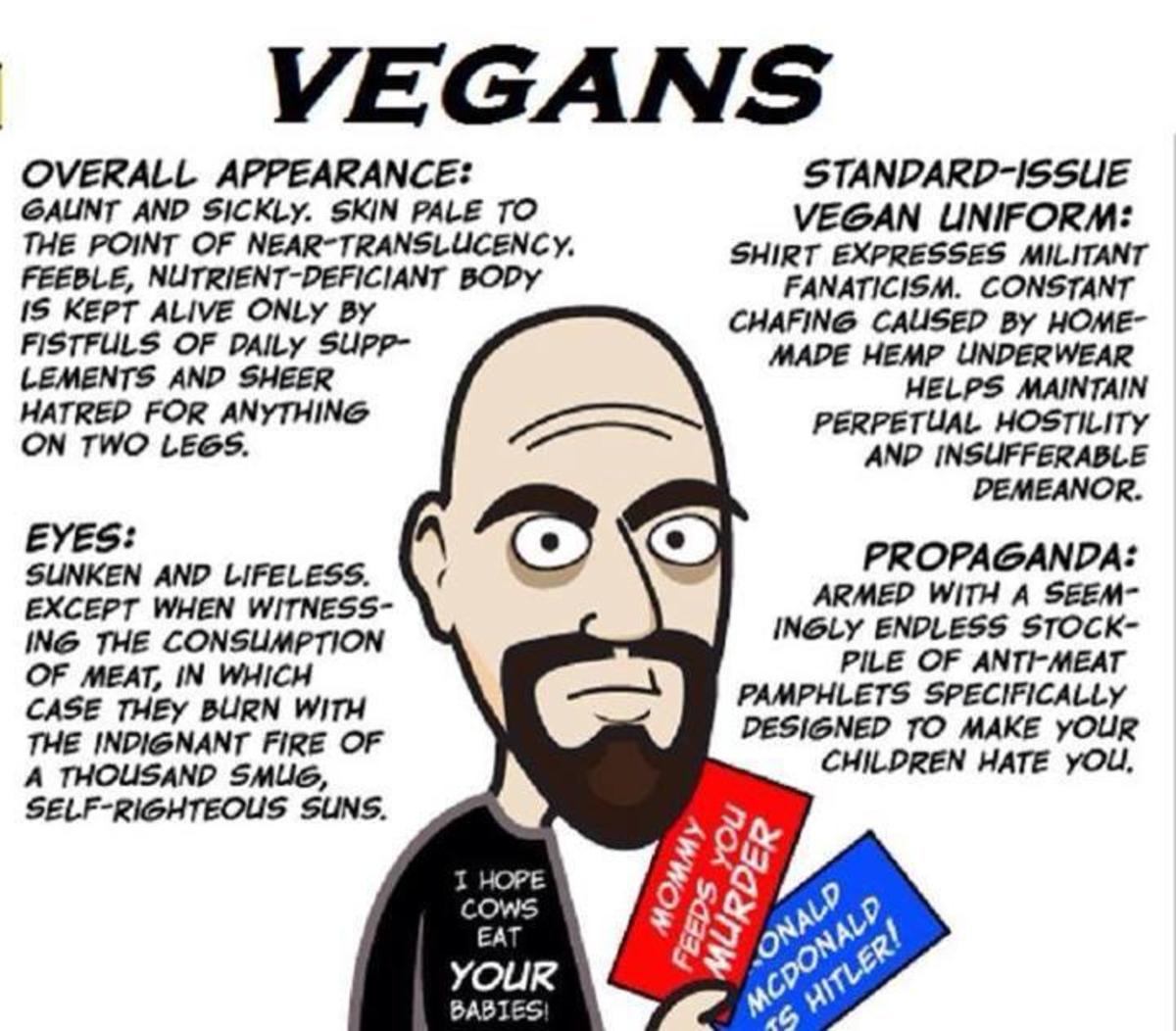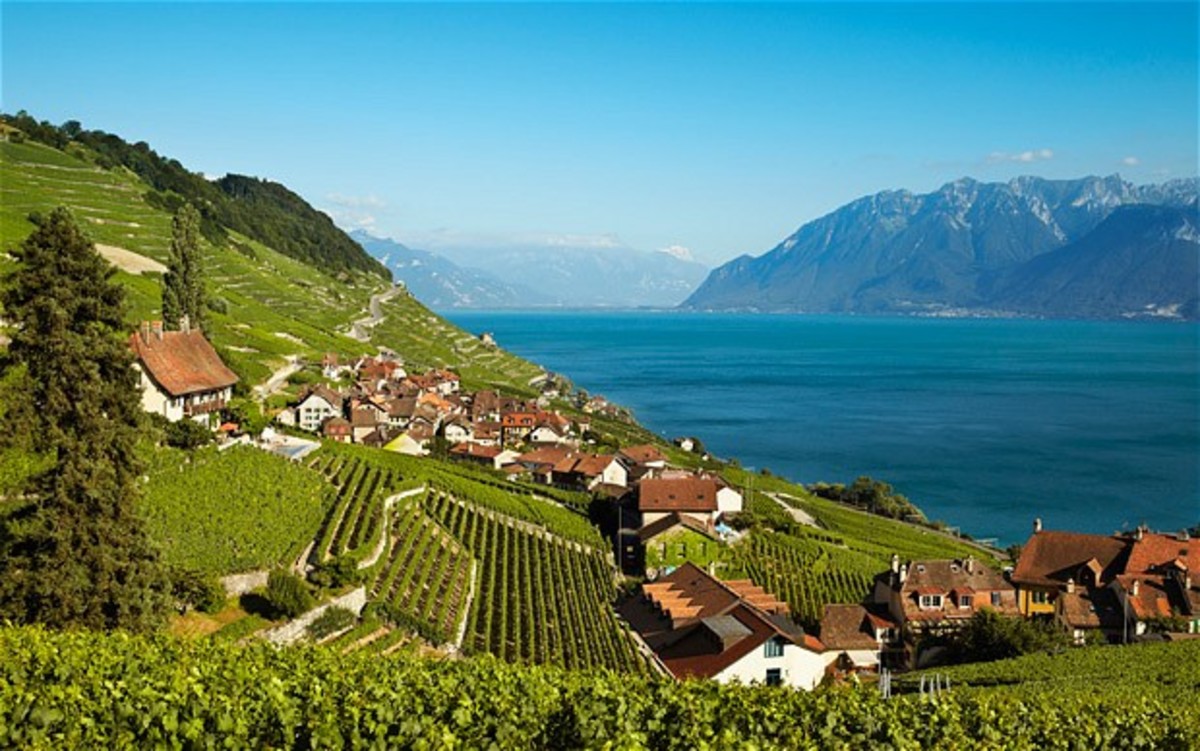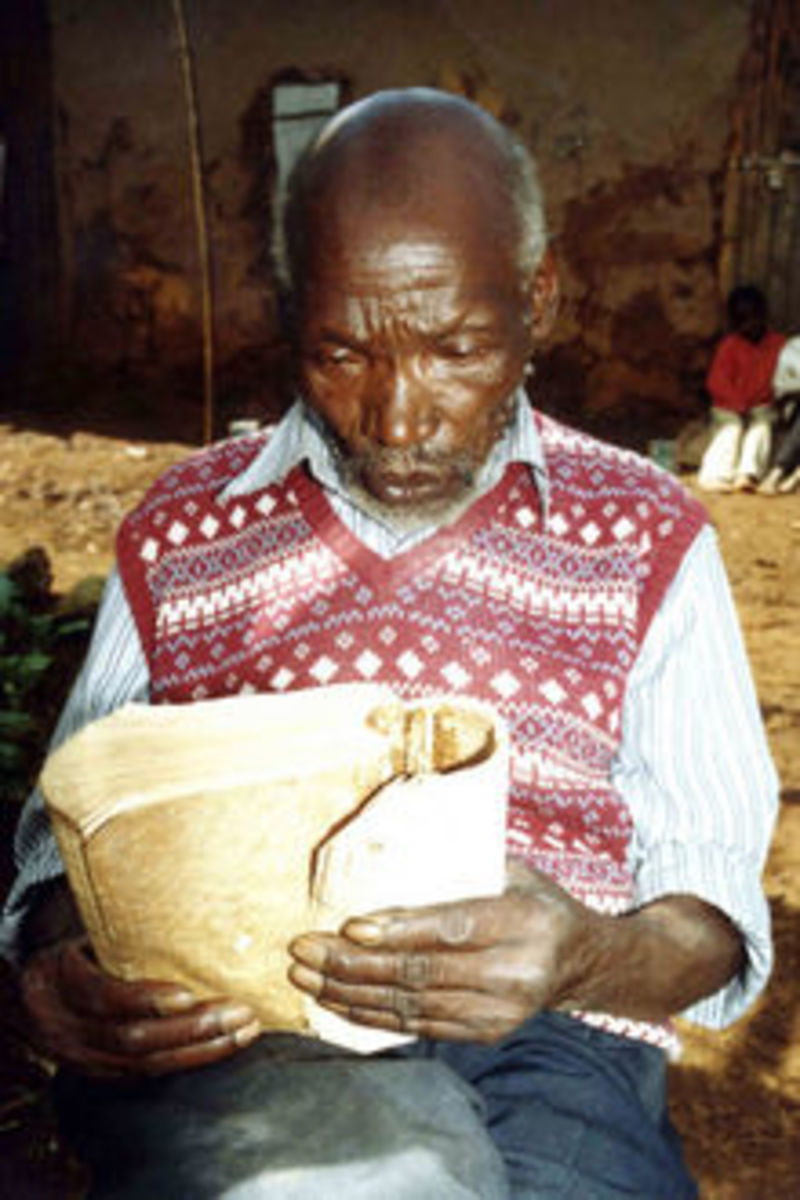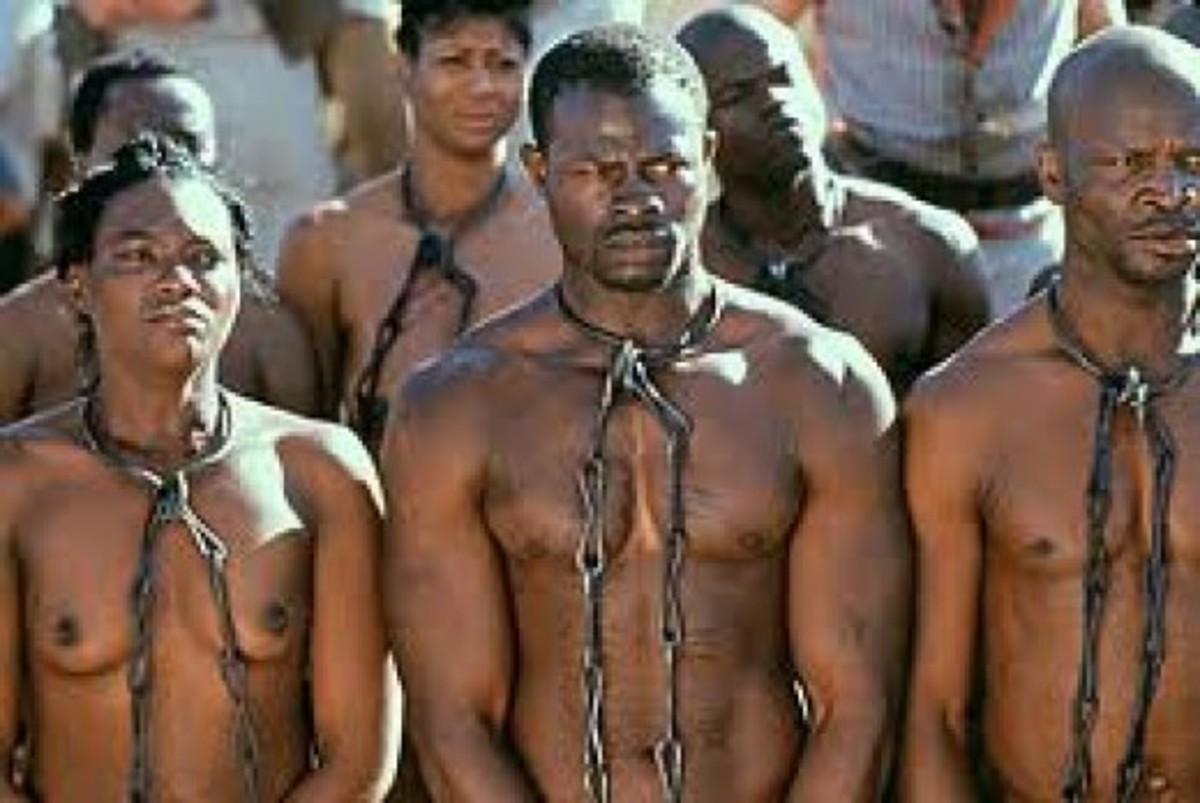The Raping of Africa
Too Much Money on the Table...

Too Much money on the Table...
In my opinion the true nightmare associated with "blood diamonds" were the countless numbers of innocent boys that were stolen from their families to to form rebel armies that were nothing more than the "muscle" for African warlords that would remain in the shadows making deals with unethical diamond merchants that disregarded the shameless acts of brutality that took place to produce their "treasure".
Moving forward so much can be said about the conflict diamond market that existed so flagrantly in the late 1990's until the United Nations spearheaded the "watchdog" Kimberly process.
However as I stated in a earlier post I find inconceivable that any on group, agency, or entity can truly put a stop to the "blood diamonds" trade; in my opinion there is simply to much "money on the table" for rogue nation regimes such as Iran which I believe qualifies as a oligarchy , various terrorist organizations, and a multitude of powerful international criminals to resist.
However I do appreciate the United Nations along with nations of the international community that possess a conscious, for creating the Kimberly process; the concept is a a truly noble cause. Please find a brief description of the Kimberly process below:
"What is the Kimberley Process?"
" In December 2000, the United Nations General Assembly adopted a landmark resolution supporting the creation of an international certification scheme for rough diamonds. By November 2002, negotiations between governments, the international diamond industry and civil society organizations resulted in the creation of the Kimberley Process Certification Scheme (KPCS) . The KPCS document sets out the requirements for controlling rough diamond production and trade. The KPCS entered into force in 2003, when participating countries started to implement its rules.The Kimberley Process (KP) is a joint governments, industry and civil society initiative to stem the flow of conflict diamonds – rough diamonds used by rebel movements to finance wars against legitimate governments. The trade in these illicit stones has fueled decades of devastating conflicts in countries such as Angola, Cote d'Ivoire, the Democratic Republic of the Congo and Sierra Leone. The Kimberley Process Certification Scheme (KPCS) imposes extensive requirements on its members to enable them to certify shipments of rough diamonds as conflict-free’. As of November 2008, the KP has 49 members, representing 75 countries, with the European Community and its Member States counting as an individual participant."
The United Nations intervention was timely and needed; please find an excerpt of an article that I discovered @http://www.un.org/peace/Africa/Diamond.html:
"Fueling wars":
"Rough diamond caches have often been used by rebel forces to finance arms purchases and other illegal activities. Neighboring and other countries can be used as trading and transit grounds for illicit diamonds. Once diamonds are brought to market, their origin is difficult to trace and once polished, they can no longer be identified."
However as wicked and disturbing as the "blood diamond market" was/is, there are there are other natural and man-made resources that are being exploited on the "black market" such as gold, oil, cocoa, wood, and one unlikely entity tech-toys!
In the document: "Beyond Blood Diamonds: 5 Other Products That Are Soaked in Violence!" we find that diamonds are not the only natural resource whose production is soaked in blood:
1. "Gold":
"So, you've taken every step to ensure that you've purchased a clean diamond, but did you know you're probably putting it in a bloody setting? The mining of gold is responsible for both environmental and human rights atrocities. In a 2005 report, armed groups and international companies in the northeastern region of the Democratic Republic of Congo were found to have caused ethnic slaughter, torture, and rape of indigenous people."
2." Wood":
"Forests are perhaps one of the worst natural resources to be exploited, because they're not just a source of revenue-they're home. People live in them and depend on the vital resources forests produce. Furthermore, cutting down forests only serves to make global warming worse, as trees are excellent at absorbing CO2. In 1992, the Khmer Rouge war against the Cambodian people was being funded by a secret timber trade by up to $20 million every month. Now, Burma’s corrupt military regime gains power and revenue from granting logging concessions. In Liberia, former president Charles Taylor used illegal logging earnings to finance a civil war that killed nearly 10% of Liberians. In fact, investigations revealed that the Liberian government facilitated the use of a timber company warehouse for storage of weapons as well as housing. Even when timber does not support conflict, illegal timber logging steals revenue from the countries and people that need it to survive."
3. "Oil":
"In the past, oil has motivated violence in a number of situations, from the attack on Pearl Harbor to the Gulf wars. Perhaps the most high profile example of oil-fueled violence is Saddam Hussein, who used resources from oil to arm himself for attacks on Kuwait and his own people. Even when oil companies attempt to provide aid to indigenous communities, it often ends in violence. Specifically, Chevron attempt to aid communities has left those who don’t get aid feeling underprivileged, and sparked conflict between the communities. Another failure is the practice of paying "ghost workers," who are really local troublemakers, a salary for doing nothing at all. The Royal Dutch/Shell Group says that it supports human rights, but they have allowed death and violence by supporting militarization and repressive government acts."
4. "Cocoa":
"Chocolate may be sweet, but the process that brings it to you is not. In the Cote D’Ivoire, the government, along with rebels, has used cocoa to fund a civil war. In fact, President Laurent Gbagbo, combined with opposing rebels, has used more than $88 million to fight in the civil war from 2002-2003. There is fear that, given the resources, these groups would be free to create conflict once again. More recently, Gambit Investment is facing allegations that it traded cocoa for military helicopters that are suspected to have been used in attacks on civilians. Between October 2002 and April 2003, government helicopter attacks killed 370 civilians."
From gold to oil on into a resource as pure and useful as wood and as pleasant as chocolate and mankind will find a way to exploit it...sad. Moving forward then there is for me the unthinkable, the exploitation of the production of tech-toys:
5. "Tech toys":
"Miners in the Democratic Republic of Congo work extremely hard in dangerous situations, just to get the cassiterite that goes in your cell phone, laptop, and other high tech devices. When they come out of the tiny holes in which they have to dig for the mineral, they're greeted by soldiers at gunpoint that will take it. Other miners work on sites that are directly operated by the military and other armed groups. Even when they're not working directly for these groups, they're heavily taxed by them, or just robbed outright. Often, these mines collapse, leaving many miners and their rescuers dead. Even worse, as phones become "greener," the demand for cassiterite, coltan, and other high-tech minerals like them has risen, and violence along with it. Although the amount of these minerals in each individual electronics device is small, it all adds up."
Closer to home there is the drug trade that plagues not only large urban centers such as my native Philadelphia, but also infects suburban and rural communities throughout the United States as well. Homegrown criminal elements throughout America eagerly do business with Colombian and other South American drug cartels, and even closer there is Northern Hemisphere neighbor to our immediate south Mexico, with their criminal oligahries running rampant throughout the United States. The war against illicit finance activity appears to have no conceivable end in sight.
Work Cited:
http://www.kimberleyprocess.com/
http://www.un.org/peace/Africa/Diamond.html
http://www.organiccoupons.org/blog/2008/07/beyond-blood-diamonds-5-other-products-that-are-soaked-in-violence/








